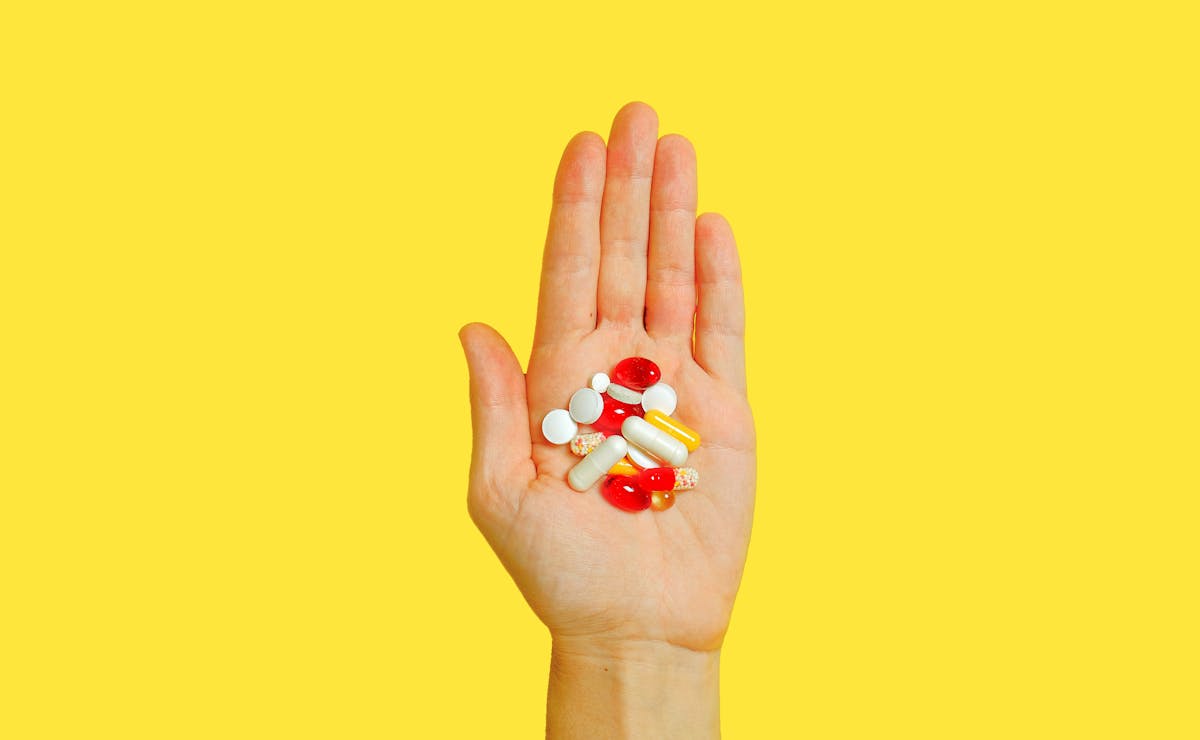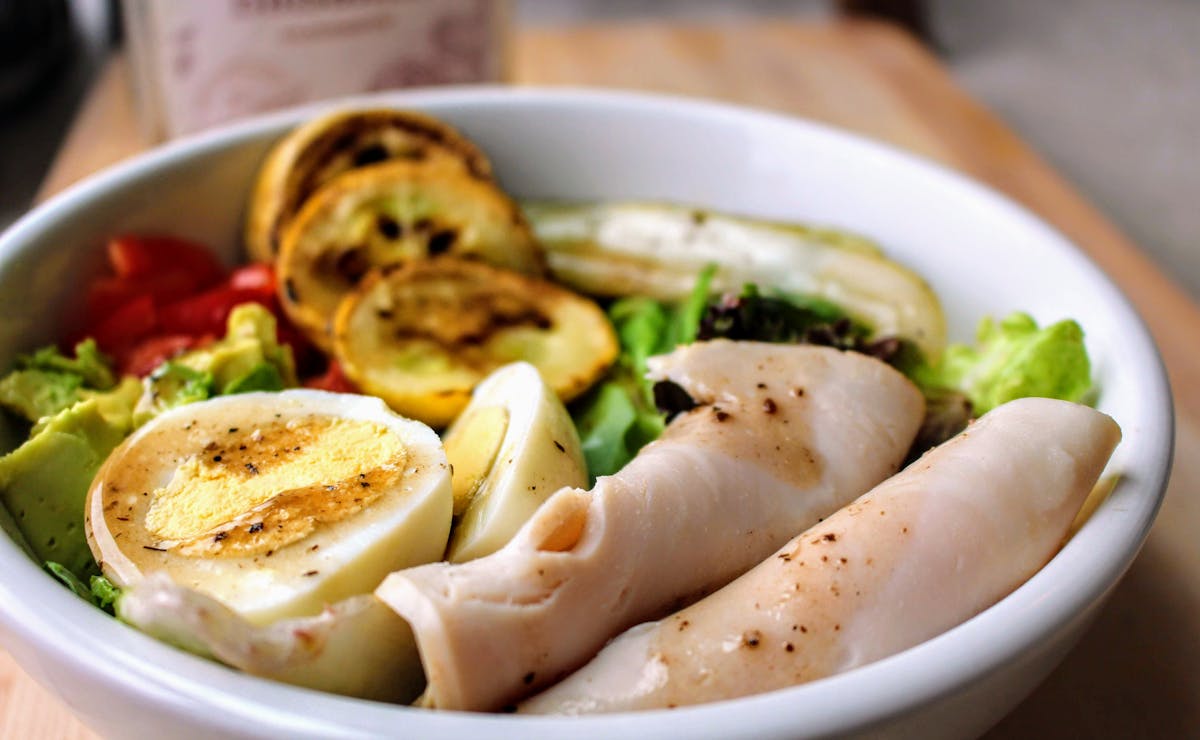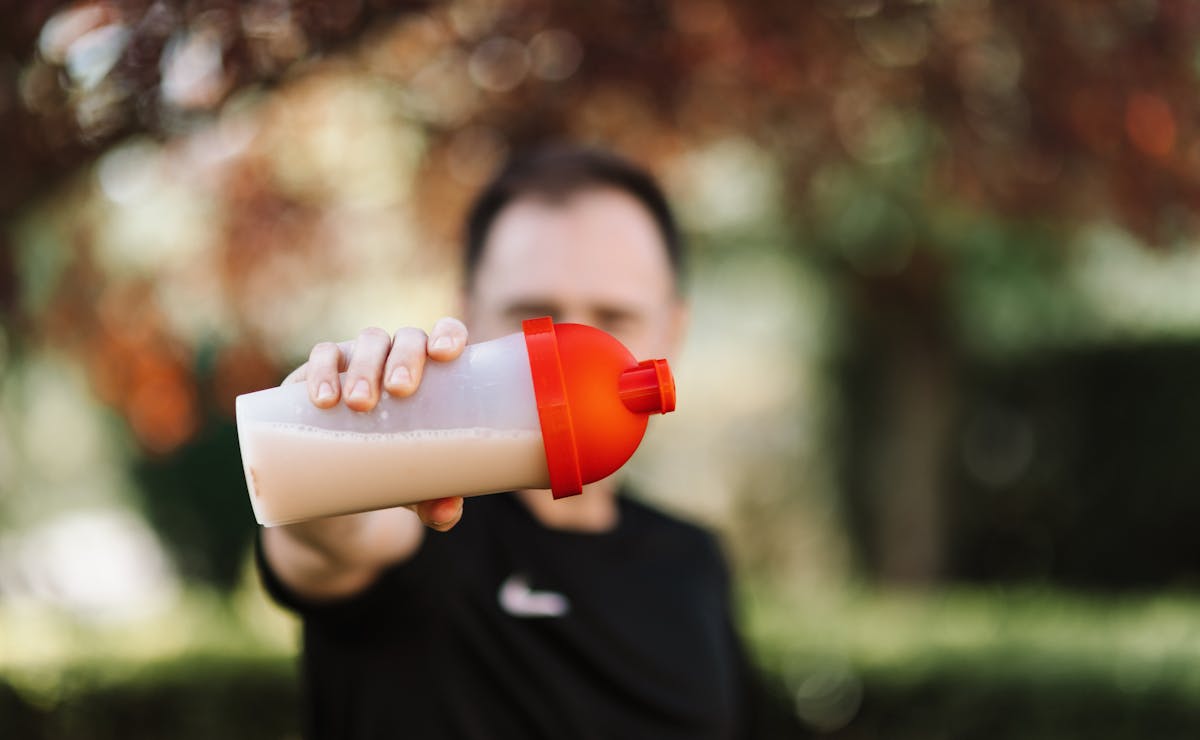Nutrition and performance are words that go hand in hand in the life of an athlete, because there is no point in training for hours without eating the right meals according to the body’s needs, right? However, what many people forget is how to balance one thing with the other, so to reach high performance levels, it is necessary to combine training with a balanced diet .
It may seem silly, but these are simple things (and other more detailed ones) that most athletes end up neglecting, and that end up interfering with the final result. Want to know what you can avoid in your daily routine to get optimized results with your sport? Then continue reading to find out!
Nutrition and performance: common mistakes that athletes should avoid!
Training, training, training… Hours of sports, lots of calories burned and that result in the idea that it is possible to eat whatever you want. This is one of the most common mistakes that an athlete can make in their sports routine, as they think that intensity is synonymous with being able to eat anything. And we know that this is not the way to go!
Check out the 7 most common mistakes that you, an athlete, can avoid in your daily life:
1. Forgetting to drink water
An important point in the lives of athletes is water consumption , as in addition to preventing dehydration, it replenishes a large part of the minerals that the body needs, that is, don’t forget to drink water before, during and after training.
Many people complain of fatigue and dry throats when playing sports, so in addition to controlling your breathing to stay strong, always carry a bottle of water with you. It may seem like a small step, but it will have a big impact on your sports performance!
2. Overdoing it on alcohol
The weekend arrives and athletes want to rest. This break usually involves eating whatever they want and, as a result, in addition to a heavy diet, many overdo it with alcohol consumption , which can lead to major problems.
One of the principal causes is too much alcohol, which lowers the muscle’s capacity to absorb glucose, so the athlete can develop hypoglycemia (insufficiency of glucose in the blood) and utilize protein as an energy source, which is not favorable to those that aim for hypertrophy, for instance.
That is, if you want to develop muscle mass and engage your strength performance, do not consume excess alcohol intake because apart from the problems mentioned, you could end up holding water or even putting on weight in the form of body fat.
3. Training on an empty stomach
This is for runners who love to run after waking up. Because it’s early and they want to stay energized throughout the day, many will train on an empty stomach, but since the practice is not light but rather moderate or intense, practicing without energy is very dangerous!
This happens because the energy reserves in the muscles are not sufficient for the duration of the exercise, so you will not perform well in the sport, but rather experience problems such as dizziness, fainting and even injury. In other words, do not exercise on an empty stomach!
4. Overeating
A very harmful thought, as it opens up possibilities for consuming processed or high-calorie foods in excess, is to think that a lot of energy has been spent and that you can eat whatever you want after training without it affecting your body, after all, you would only be replacing what was spent. This is not correct.
In order to fight against satiety and not eat too much, respect the pre- and post-workout meals, as they are vital for controlling energy, minerals and nutrients in the body, besides being important to have good nutritional control, since what is important is the quality of the food and not the amount.
5. Skipping meals
When the athlete lacks the necessary professional guidance, it is hard for him to stick to a right diet, therefore he will have huge gaps between meals, alongside consuming fewer meals. That is, if you believe that missing meals and compensating at a different time is the best, then it is high time that you changed your mind.
Invest in nutritional reeducation and keep an eye on what you eat, both in quantity and in the intervals between meals. Don’t think that having breakfast, lunch and dinner will be ideal, especially with a sports routine. Take care of your body and your quality of life!
6. Not consuming protein
In addition to those who avoid carbohydrates , there are others who do not consume protein on a daily basis, which is a big problem. Protein will be responsible for preventing the loss of lean mass and will help the body recover muscle fibers, which helps the athlete’s performance and rest time.
Therefore, try to consume protein as much as possible. And remember that this nutrient is not only available in meats such as chicken, fish and the like. There are natural foods that will provide the needs that many think are only available in meat.
7. Overdoing supplementation
Finally, many athletes think that they will make up for every meal with supplements , but this can be dangerous to the health of the body. Supplements, whether protein, vitamin, among others, require regular monitoring, in addition to checking whether there is in fact a need for their use, since many athletes do not have any nutritional deficiencies.
Therefore, be careful with supplementation and only use what is necessary in your diet!



